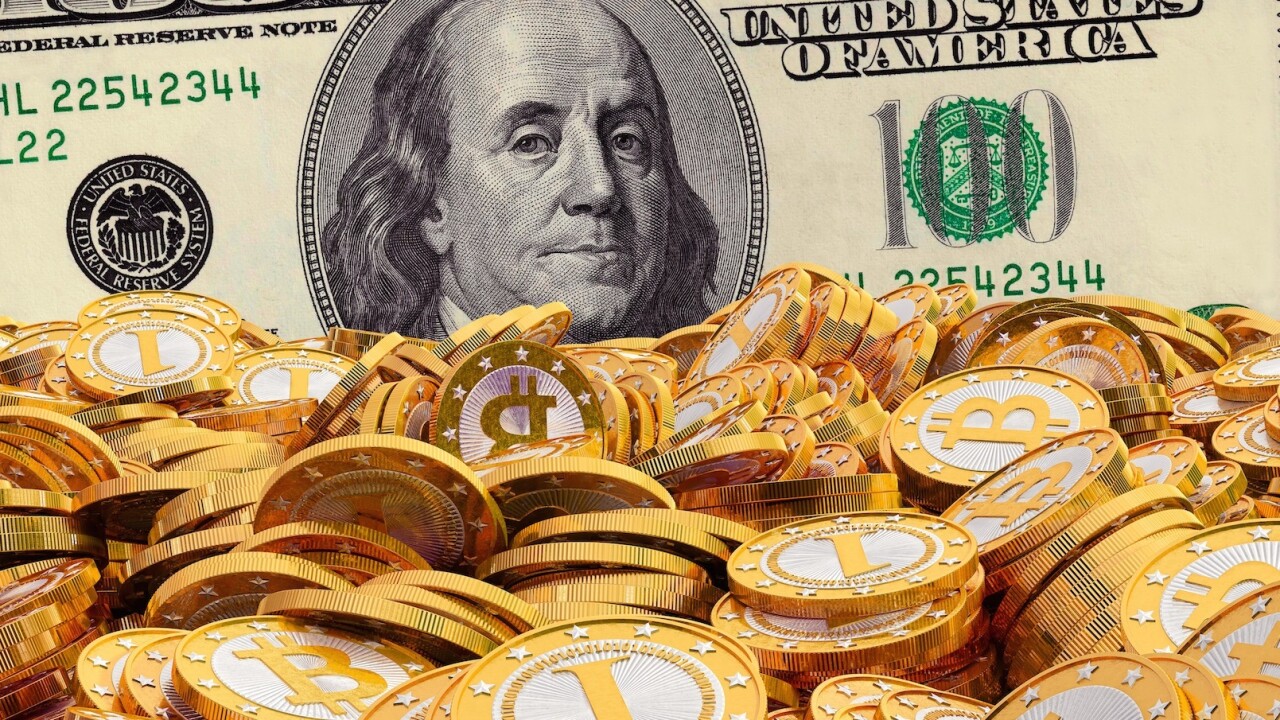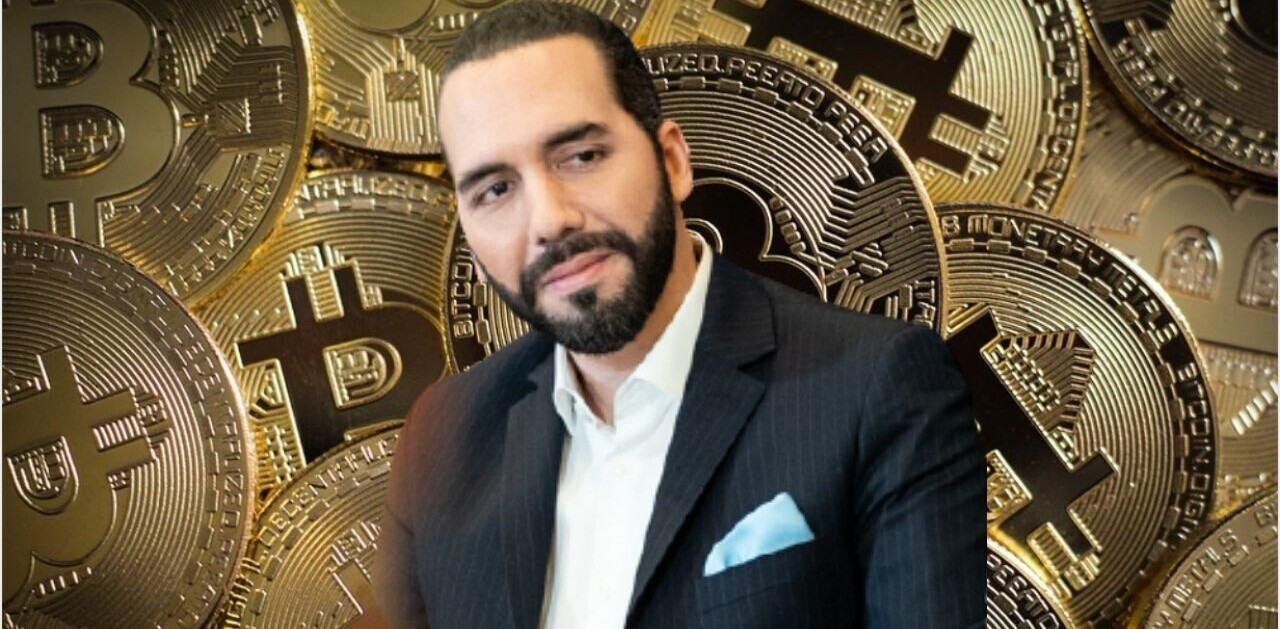
Bitcoin has made millionaires nearly overnight, lost some their life savings, and fluctuates more than a politician during election season, but make no mistake: it’s not currency, at least to this Florida court.
A Miami-Dade judge ruled in favor of a man, Michell Espinoza, charged with illegally selling and laundering $1,500 worth of bitcoin to undercover detectives.
Before the transaction, Espinoza was informed by the detectives that they intended to use the bitcoin to purchase stolen credit cards, a move that could constitute money laundering — by Florida’s definition of the law. Under Florida law, someone can be charged with the crime if they engage in a financial transaction that will “promote” illegal activity.
Judge Teresa Mary Pooler ruled the current statute was too vague to apply to cryptocurrency and that even legal experts “have difficulty finding a singular meaning.”
She said:
“The court is not an expert in economics, however, it is very clear, even to someone with limited knowledge in the area, the Bitcoin has a long way to go before it the equivalent of money.”
The problem with this ruling is that bitcoin is at the very least a tangible asset, if not currency. By limiting the scope of the law to only apply to “tangible wealth” that “[can] be hidden under a mattress like cash and gold bars” you’re essentially giving the green light to criminals by creating an underground asset that can be bought, sold and traded like cash yet remain out of reach of prosecution in criminal cases — generally a bad idea.
The cryptocurrency has been attempting to clean up its image of late. After the shutdown of Silk Road, and numerous legitimate establishments getting behind it, the road forward seems to hinge on legitimacy. Precedent like the one this Florid a judge set, however, are sure to bring about bad actors — a move that could seriously tarnish the image developers have worked so hard to create.
For now though, it’s clear — at least in Miami — bitcoin hasn’t reached the tipping point to where it’s considered credible evidence for a (seemingly) slam dunk conviction, and that’s bad news for the future of cryptocurrency.
Get the TNW newsletter
Get the most important tech news in your inbox each week.




